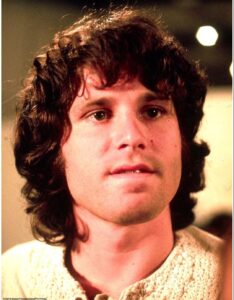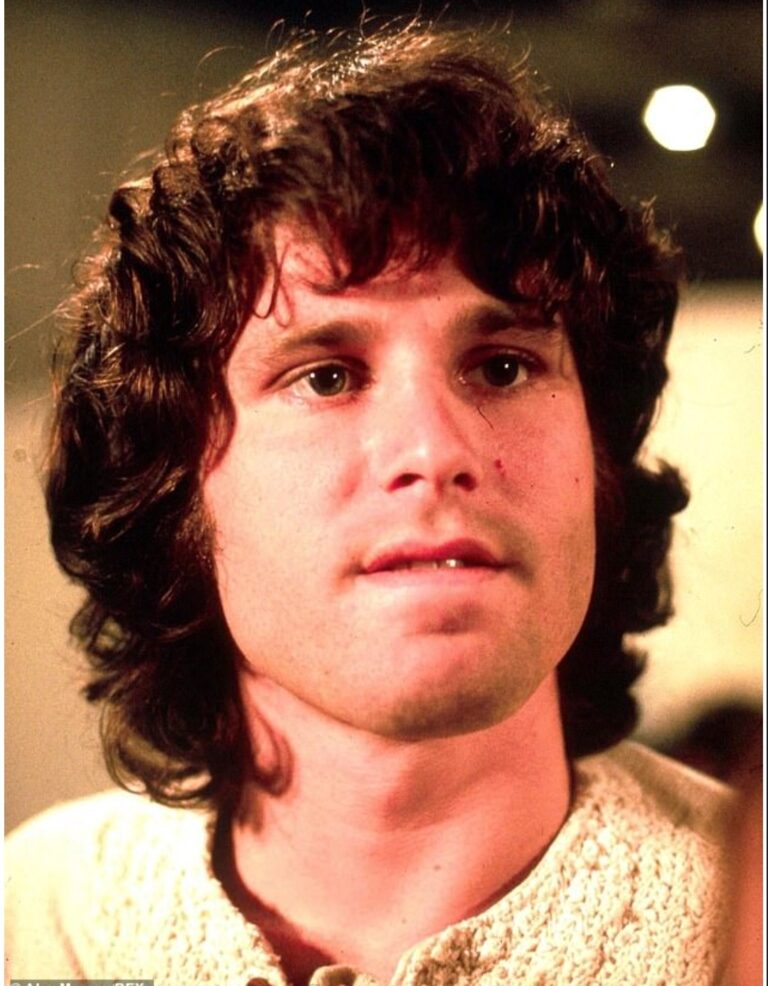The 1960s were a time of great social change and cultural upheaval, with music playing a significant role in shaping the era’s values and attitudes. One band that embodied the spirit of rebellion and nonconformity was The Doors, led by the enigmatic and provocative Jim Morrison. Their music and performances often pushed the boundaries of what was considered acceptable, sparking controversy and outrage among conservative groups.
In 1969, The Doors’ concerts became a focal point for the Rallies for Decency, a series of protests and demonstrations organized by conservative groups who sought to ban the band’s music and performances. The rallies were sparked by Morrison’s perceived obscenity and the band’s alleged promotion of promiscuity and rebellion.
The controversy surrounding The Doors was not new, however. The band had been criticized for their music and performances since their emergence in the mid-1960s. Morrison’s poetic lyrics and brooding stage presence had captivated audiences, but also drew the ire of conservative groups who saw him as a corrupting influence on young people.
The Rallies for Decency were a response to the perceived decadence and immorality of the counterculture movement, which The Doors and other bands were seen as representing. The protests were often heated and emotional, with demonstrators calling for the band’s music to be banned and their concerts to be canceled.
Despite the controversy, The Doors continued to perform and record music, pushing the boundaries of what was considered acceptable in the music industry. Morrison’s enigmatic stage presence and poetic lyrics continued to captivate audiences, and the band’s popularity remained strong.
The Rallies for Decency ultimately failed to stop The Doors’ music and performances, but they did highlight the deep divisions within American society at the time. The controversy surrounding the band was a symptom of a larger cultural struggle, as traditional values and social norms were being challenged by the emerging counterculture movement.
In retrospect, the Rallies for Decency can be seen as a turning point in the cultural wars of the 1960s. The controversy surrounding The Doors and other bands marked a moment when the music industry and the counterculture movement were forced to confront the limits of acceptable behavior and the boundaries of artistic expression.
The legacy of The Doors and Jim Morrison continues to be felt today, with their music and performances remaining a powerful influence on rock music and popular culture. The controversy surrounding their music and performances in the 1960s may have sparked the Rallies for Decency, but it also helped to cement their place in music history as one of the most iconic and influential bands of all time.
